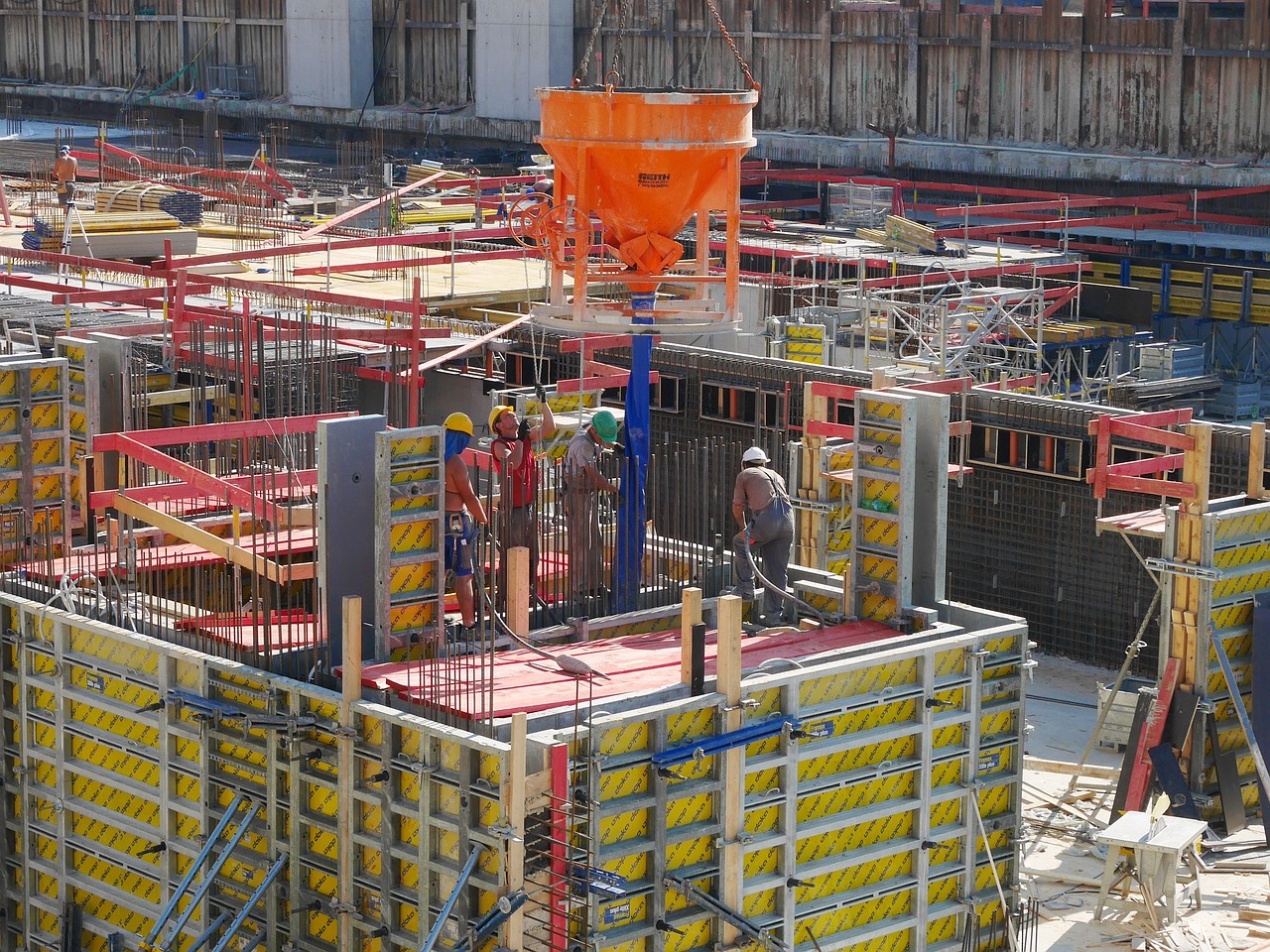Electrical systems are the network of electrical circuits that are responsible for power generation, transmission, distribution, and usage within a structure or country. These electrical systems typically consist of electrical equipment, such as generators, transformers, circuit breakers, and other components that help regulate and control the flow of electricity.
The key components of an electrical system include the power source, which may be a generator or other power generation equipment, transmission lines that transport the electricity over long distances, and the distribution grid that delivers electricity to buildings, homes, and other structures.
Electrical systems can be complex and require careful planning to ensure proper safety measures, energy efficiency, and design. Improperly constructed or maintained electrical systems can cause electrical hazards, damage to electrical equipment, and power outages. Proper installation, maintenance, and repair are crucial to ensure the safe and efficient operation of electrical systems.
Overall, electrical systems are critical infrastructure for modern-day society, powering homes, businesses, hospitals, and essential services.



